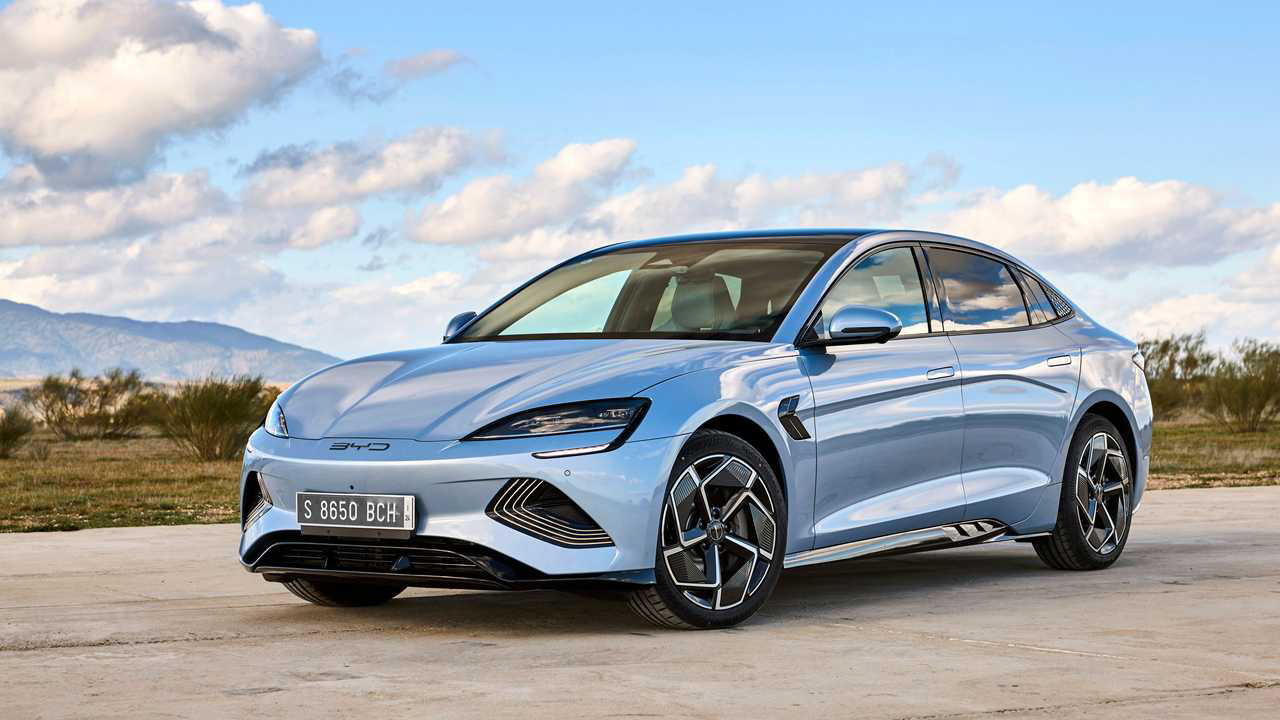Prime Minister Justin Trudeau's government announced the new measures, set to take effect in October 2024. The tariffs will hit Chinese electric vehicles with a 100% levy on top of the existing 6.1% tariff. This applies to electric cars, certain hybrid passenger automobiles, trucks, buses, and delivery vans.
Aluminum and steel products from China will face a 25% levy starting October 15. The government has released an initial list of affected goods and opened a public comment period until October 1.
Canada's Finance Minister Chrystia Freeland has been pushing for a tougher stance on Chinese vehicle exports. She announced a public consultation on measures against Chinese EV sales in June.
Trudeau explained the reasoning behind the new policy:
"We are transforming Canada's automotive sector to be a global leader in building the vehicles of tomorrow. But actors like China have chosen to give themselves an unfair advantage in the global marketplace, compromising the security of our critical industries and displacing dedicated Canadian autos and metal workers."
The Canadian government will also limit EV incentives to products from countries with free-trade agreements with Canada. They plan to review these measures within a year of implementation.
Chinese EV imports to Canada have surged from less than C$100 million in 2022 to C$2.2 billion ($1.6 billion) in 2023. Tesla Inc. has been shipping Model Y vehicles from its Shanghai factory to meet Canadian demand.
Canada's auto sector has been pushing for these tariffs to protect domestic jobs and wages. They argue that China's EVs are cheaper due to weaker labor standards. The steel and aluminum industries have also urged the government to restrict China's access, citing unfair market flooding.
The Canadian government will conduct a 30-day consultation on additional sectors, including batteries and battery parts, semiconductors, solar products, and critical minerals.
Canada heavily relies on trade with the US, with the vast majority of its 1.5 million light vehicle production exported south of the border. The government aims to transform Canada's automotive sector into a global leader in future vehicle production. They've made multibillion-dollar investments in EV plants and battery factories for companies like Stellantis NV, Volkswagen AG, and Honda Motor Co.
There's concern about potential retaliation from China. In the past, China restricted Canadian canola seed imports for three years, seen as retaliation for the arrest of Huawei executive Meng Wanzhou.
Chinese automaker BYD informed the Canadian government in July of its intentions to lobby for market entry. The impact of these new tariffs on BYD's plans remains to be seen.
Source: Bloomberg

